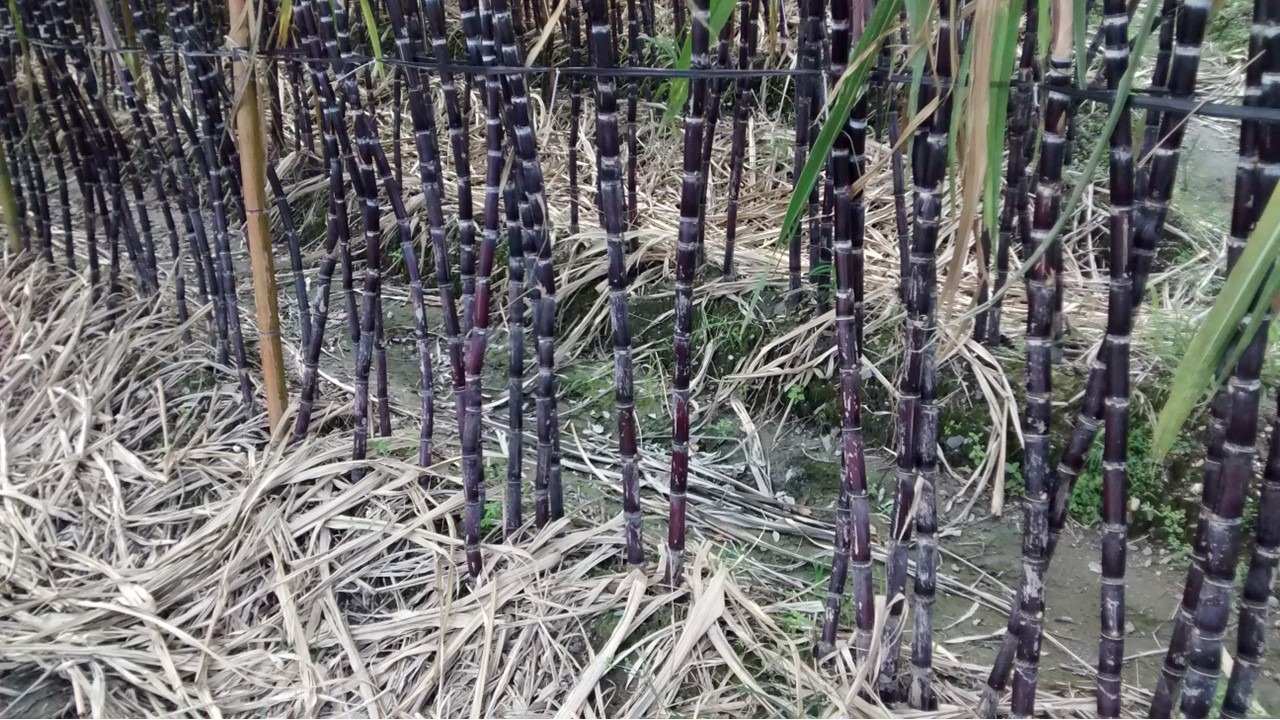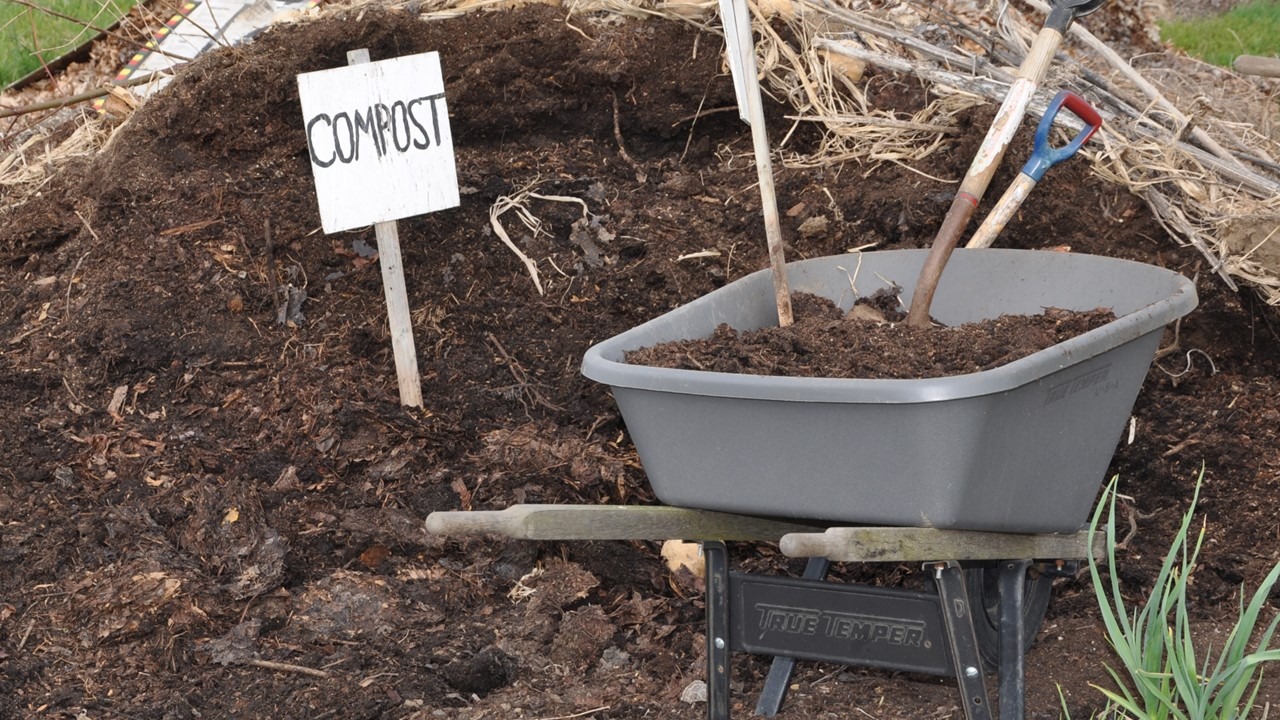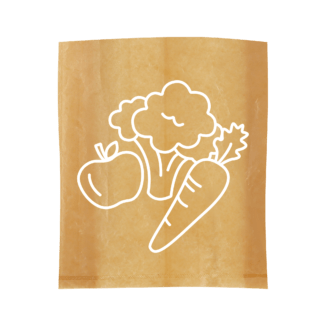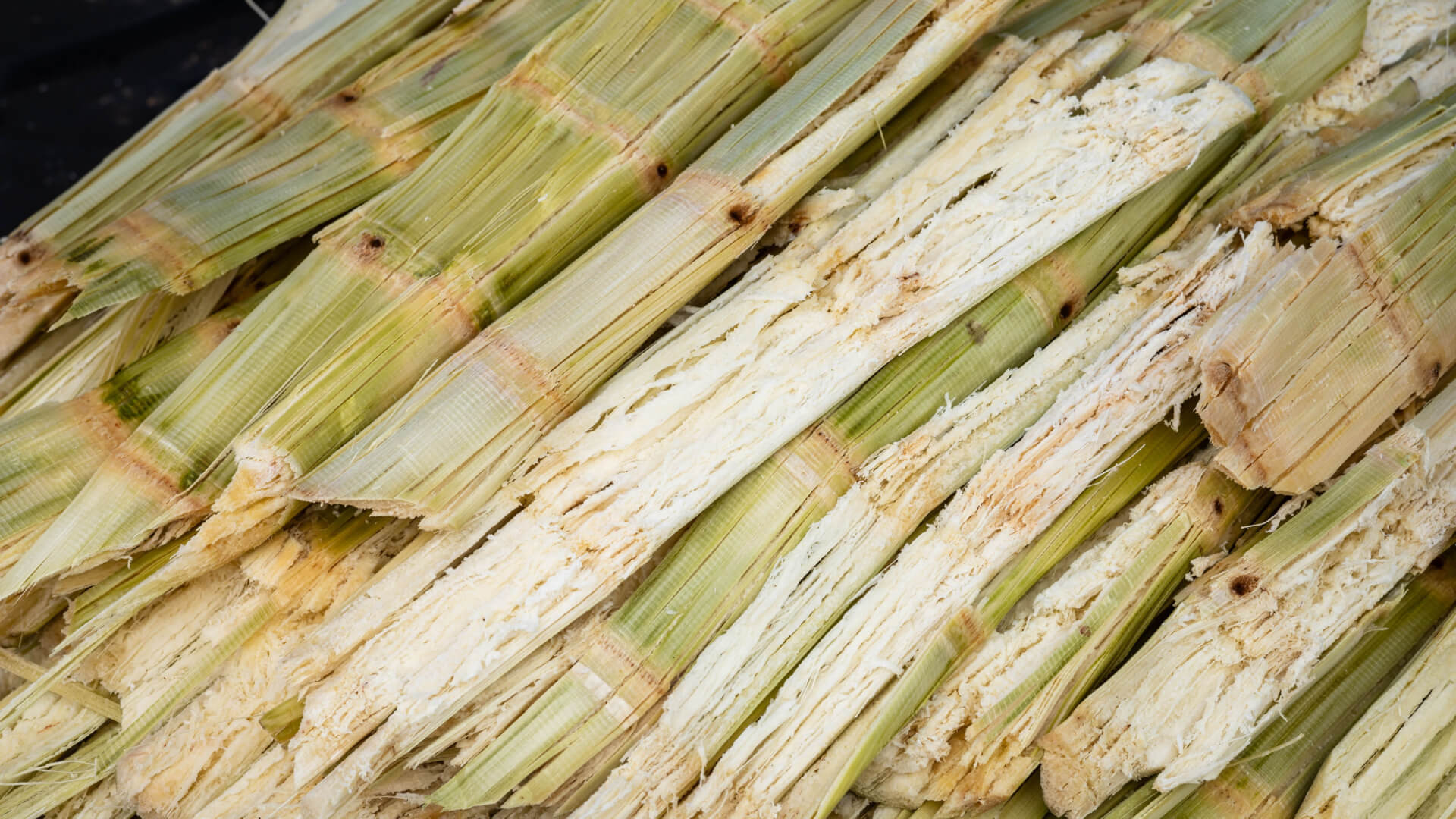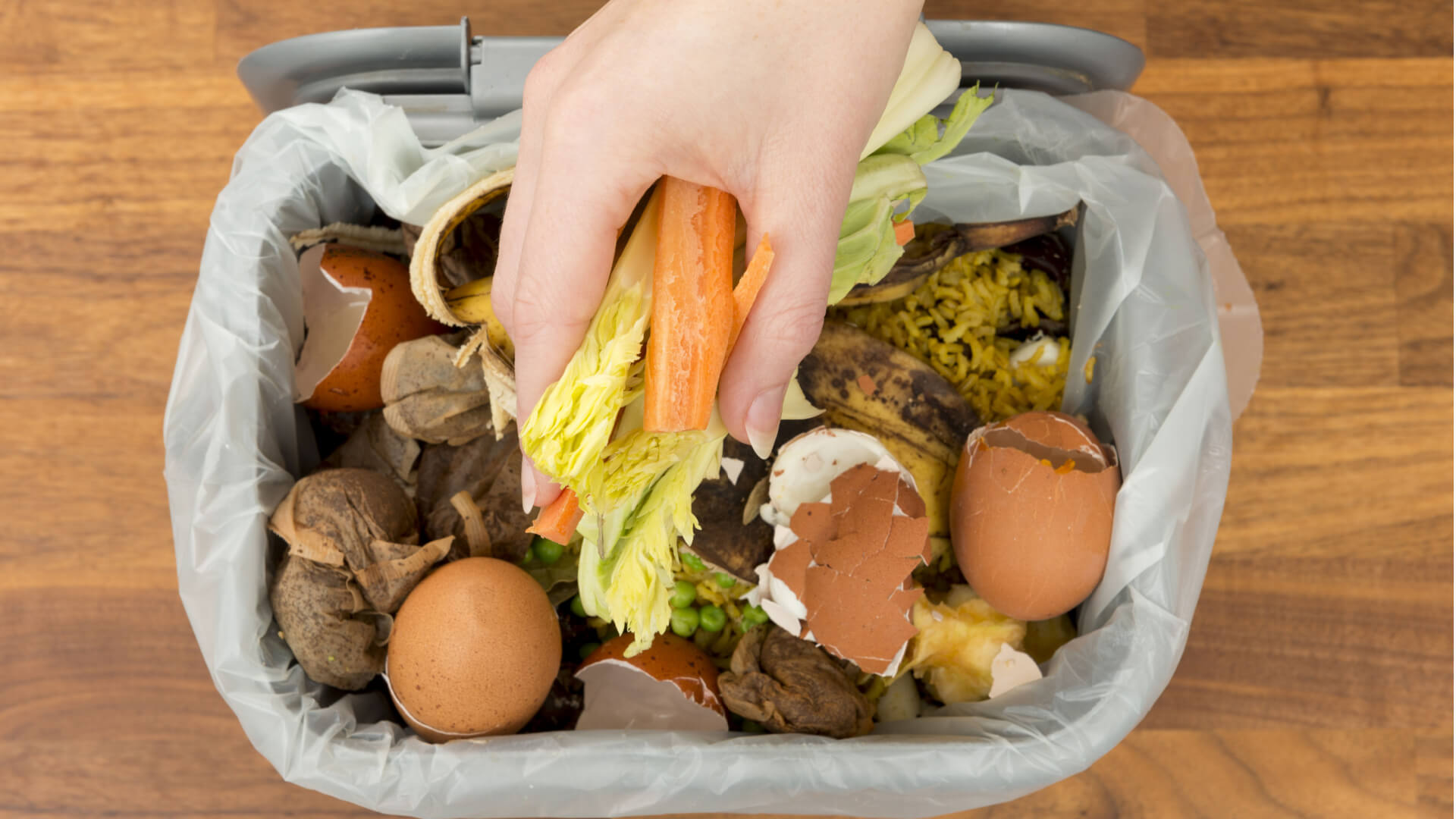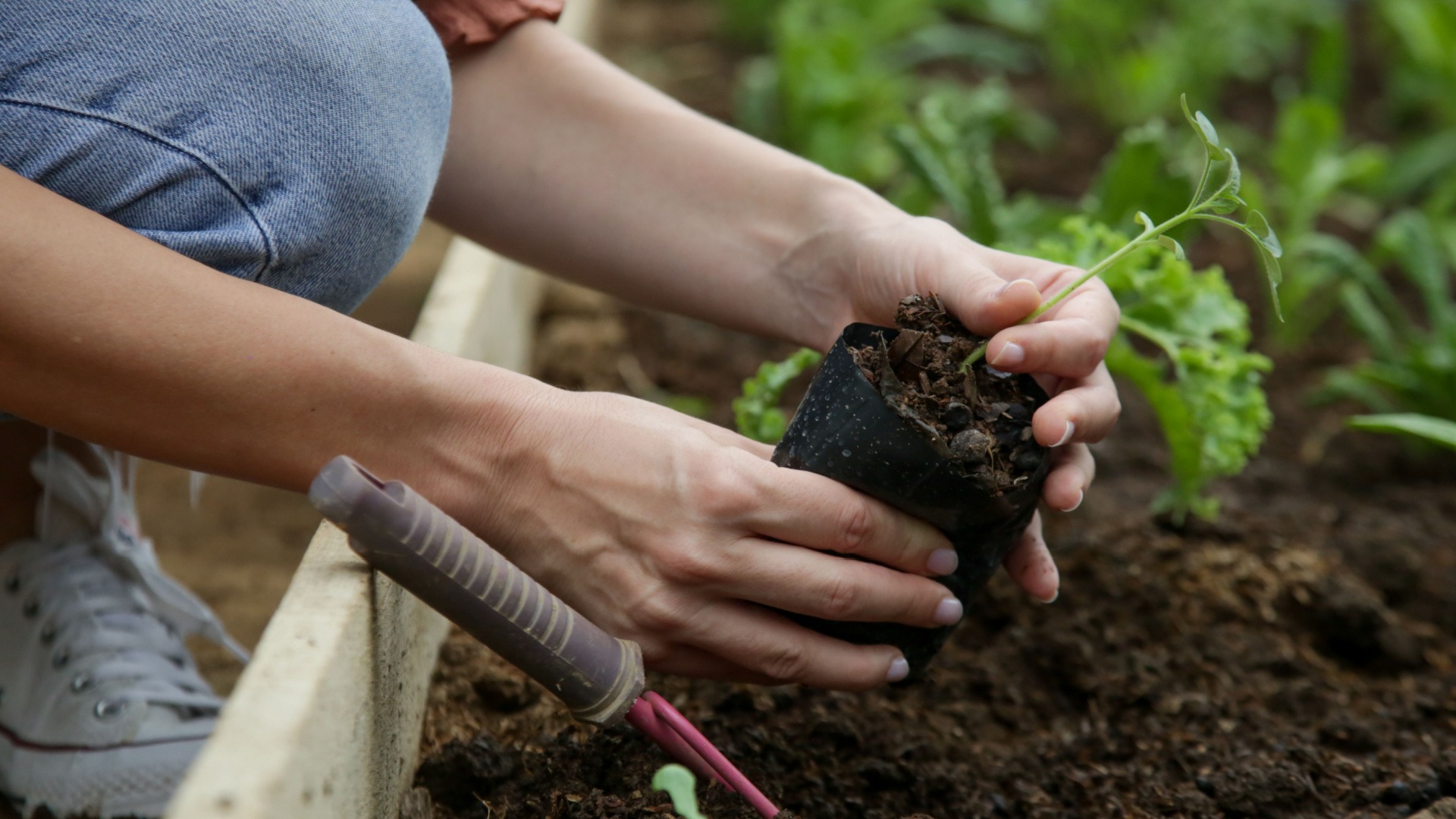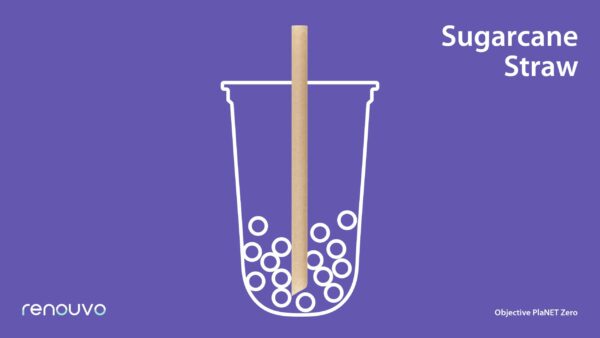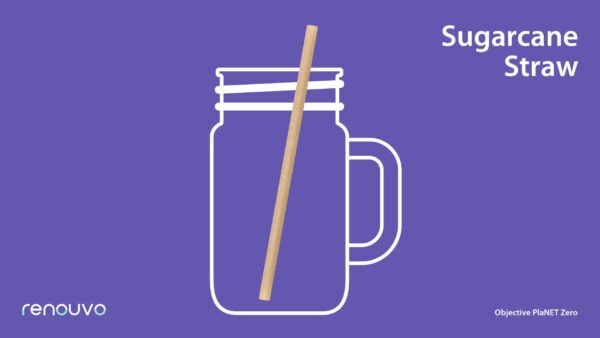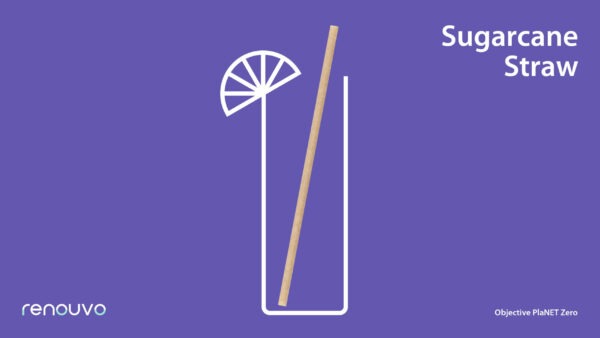Meet the Team

COMPOSTABLE
SUGARCANE BAGS
MANUFACTURER
Compostable Sugarcane Bags Features
We offer a comprehensive range of eco-friendly bags for bulk orders, including compostable food bags (like sandwich bags), garment bags, shopping bags, and trash bags (for food waste and dog waste). All of our products are completely free from traditional plastics, designed with a reduced carbon footprint, and adhere to rigorous international certification standards—making them ideal for businesses committed to sustainable and environmentally responsible practices.
Compostable Sugarcane Bags
Compostable Sugarcane Bags
Compostable Sugarcane Bags
Compostable Sugarcane Bags
Compostable Sugarcane Bags
Compostable Sugarcane Bags
Compostable Sugarcane Bags
Compostable Sugarcane Bags
Compostable Sugarcane Bags FAQs

What are the environmental benefits of compostable bags?

Recycled Materials|Our bags are crafted from repurposed sugarcane bagasse, efficiently recycling agricultural waste. This approach minimizes dependence on virgin materials, contributing to sustainability goals by reducing both resource extraction and waste generation.
Compostable|Using advanced plant-based, compostable materials, our bags degrade naturally without harmful residues, offering a green alternative to conventional plastic bags, and supporting corporate sustainability initiatives.
Lower Carbon Footprint|We measure the carbon footprint of our products using BSI standards to ensure environmental responsibility, helping businesses reduce greenhouse gas emissions and achieve their low-carbon targets.

What are compostable sugarcane bags made of ?

Our compostable bags are manufactured from locally sourced sugarcane bagasse, minimizing carbon emissions related to transportation. The process involves cleaning, drying, and refining bagasse into thermoplastic fibers, which are pelletized and converted into durable bags through advanced blow molding technology. This ensures product consistency and reliability for large-scale business operations.

Does your compostable bags have any certifications or testing?

Yes, our bags meet several international standards:
Compostable Certification|Certified for both industrial and home composting under regulations in Europe, the US, and Australia/New Zealand, including TÜV OK compost HOME certifications.
Food Contact Test Report|Approved for food safety under EU 10/2011, our bags comply with global food contact regulations, making them ideal for the food and beverage industry.
Material Test Report|Our bags are tested to be free from gluten and harmful substances, meeting stringent safety requirements for diverse industrial applications.

Are your compostable sugarcane bags supply chain stable, and what is the lead time for orders?

Our compostable bags are proudly made in Taiwan using locally sourced sugarcane bagasse. This ensures a stable supply chain with minimized transport emissions and reduced logistical risks. Our local production capacity enables us to meet large-volume orders with reduced lead times. For tailored lead-time information, our sales team provides direct consultation and support. Reach out to learn more.

How durable is the compostable sugarcane bag, and how should I store it?

Our bags are designed for business applications, offering water and oil resistance and heat tolerance up to 60°C. For optimal performance, store them in cool, dry conditions away from direct sunlight. Adhering to the storage guidelines ensures the bags maintain integrity until their recommended use-by date, supporting efficient inventory management for businesses.

Do compostable bags break down in landfills?

Compostable bags, such as trash bags, food bags, or shopping bags, are designed to break down into organic materials.Still, they require specific conditions—such as heat, moisture, and oxygen—typically found in special composting facilities, not in landfills. Landfills lack the necessary conditions for effective decomposition, causing compostable bags to break down very slowly, if at all. As a result, they might even contribute to methane emissions, like other organic waste in landfills.
For the best environmental outcome, compostable bags are still recommended for collecting food scraps and other organic waste, ensuring they are disposed of in designated composting facilities. This way, they can break down properly and contribute to creating nutrient-rich compost, aligning with their intended eco-friendly purpose.











